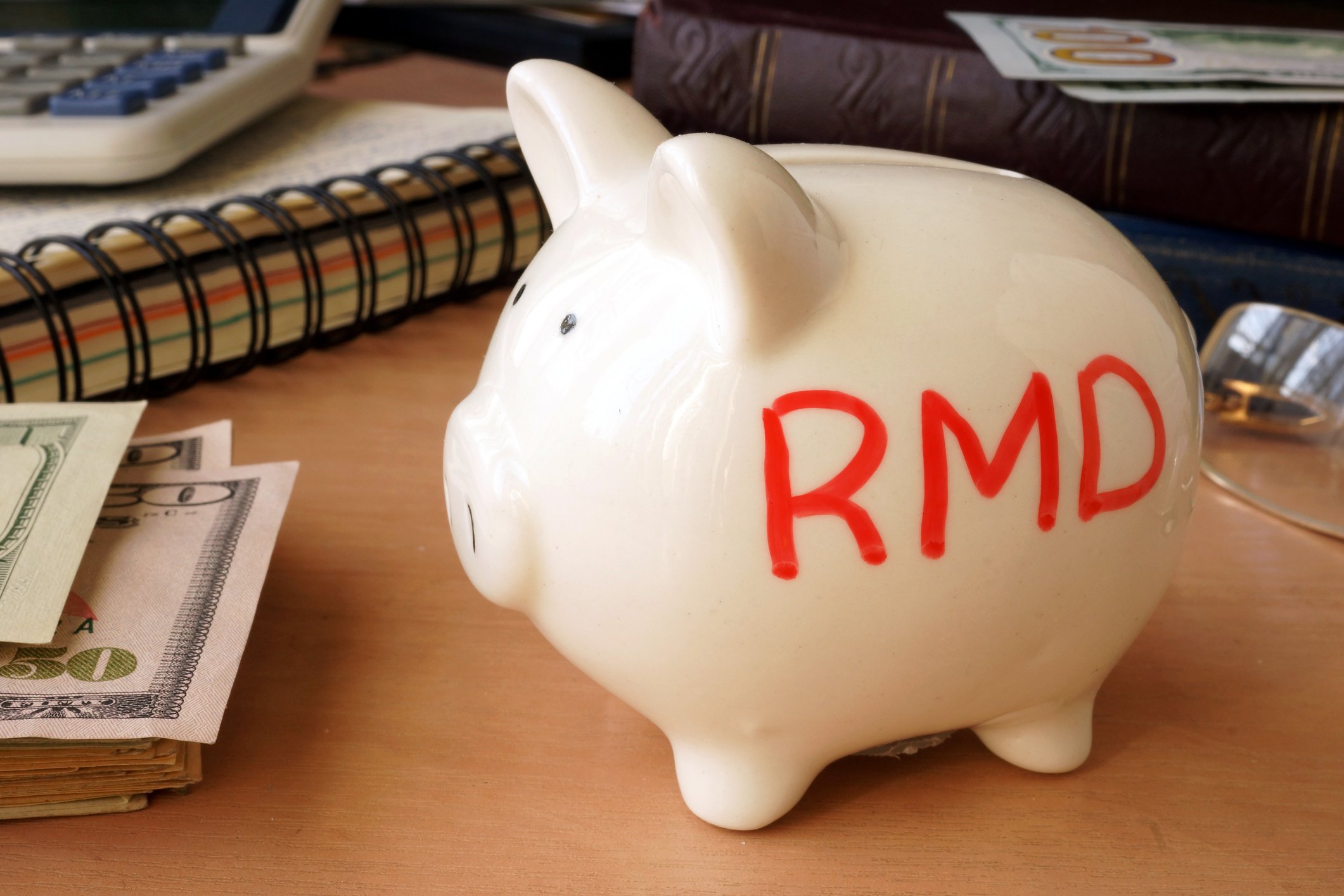Deciding when to claim Social Security can be complicated because the age at which you claim benefits affects how much income you'll get. The difference in income can be really substantial depending on whether you claim benefits early, late, or on time.
While the right approach depends on several things, including whether you're married, your health status, other savings, and additional individualized factors, there are plenty of great reasons to wait until 70 to start taking Social Security. In fact, here are four big reasons waiting makes a lot of sense.

Image source: Getty Images.
1. You'll get the maximum in guaranteed income
While you can begin receiving Social Security benefits when you're as young as 62, waiting to receive them earns you delayed retirement credits. Your standard Social Security benefit is based on the age the Social Security Administration classifies as your full retirement age (FRA). If you were born in 1960 or later, your FRA is 67.
If you retire before FRA, benefits are reduced by five-ninths of 1% for each of the first 36 months before FRA. If you retire more than 36 months before FRA, benefits are reduced by an additional five-twelfths of 1% for each earlier month.
However, while retiring early causes you to lose part of your monthly benefit, retiring late allows you to gain more money. If you were born after 1943, benefits increase by two-thirds of 1% for each month you delay -- which amounts to an 8% increase each year. There aren't a lot of places where you can get a guaranteed 8% annual return with essentially no risk.
This 8% annual bump can make a big difference in monthly income. If you'd have received $1,404 by retiring at 67 -- the average benefit in 2018 -- delaying until 70 means you'd receive a monthly benefit of $1,740. That's an extra $336 per month -- $4,032 per year.
2. People are living longer
Life expectancy has been on an upward trajectory for decades despite a slight decline in the U.S. in 2015 and 2016, driven largely by the deaths of young people due to opioid addiction.

Chart Source: Centers for Disease Control and Prevention.
By the time you make it to age 65, chances are good you'll live at least 16 years longer -- or until at least age 81.

Image Source: Centers for Disease Control and Prevention.
This means that many people will end up with more money from Social Security by waiting to claim benefits rather than claiming at 62 or at full retirement age.
You'll need to calculate your break-even age, which is the age at which you've collected enough money in higher benefits -- earned by delaying Social Security -- to make up for years of missed benefits. You can do this by adding up the total amount of benefits you forego by delaying and dividing that number by your higher monthly benefit.
For example, as this chart shows, if your full retirement age was 67 and you'd have received $983 per month at 62, your benefit at 70 would be $1,740. That's $757 per month and $9,084 per year more.
You missed eight years of benefits, or $94,368 ($983 per month x 12 months x 8 years). So divide $94,368 by $9,084, and you'll discover that you'd break even in 10.4 years. If you break even at 80.4 and live longer, all the money from Social Security from that time on is extra cash on which you'd have missed out.
3. You can help make sure your spouse is taken care of
The death of a spouse is inevitable during retirement, as couples rarely pass away at the same time. This not only is an emotional shock, but also a financial one, since the death can mean the loss of income that the spouse was bringing in. One way to help shield the blow is to make sure the surviving spouse gets the largest survivor's benefit possible.
If a higher-earning spouse delays claiming Social Security until the age of 70, his or her benefit will go up substantially -- and this higher amount becomes the survivor benefit. Whichever spouse lives longer can get the maximized survivor benefit for the rest of their lifetime.
4. It's what the experts recommend
While all of these are good arguments, there also are arguments to be made for retiring earlier. If you're still confused about which approach is best, why not trust the experts.
Researchers from the Stanford Center for Longevity analyzed 292 different strategies for retirement, including strategies where Social Security was claimed at 65 or at 70. They determined that claiming Social Security at 70 was the right approach because Social Security meets all key criteria for an optimum source of retirement income. Since it's an ideal source of income, it should be maximized as much as possible -- which means claiming later to get the highest benefit.
Past studies also confirm the delay strategy makes sense, especially given the fact so many seniors end up relying on Social Security for such a large part of their incomes due to insufficient savings. If you'll be reliant on Social Security -- especially later in life when your savings are dwindling and health costs are rising -- you'll want the biggest benefit you can get.
Should you wait until 70?
Waiting to claim Social Security benefits until 70 will give you the largest possible source of guaranteed income. If you're already in your 60s, chances are good you'll live long enough to at least break even compared with claiming benefits sooner.
Unless you have a compelling reason to claim early, such as serious health issues that suggest a shorter life span, you may find that waiting makes sense for you.





